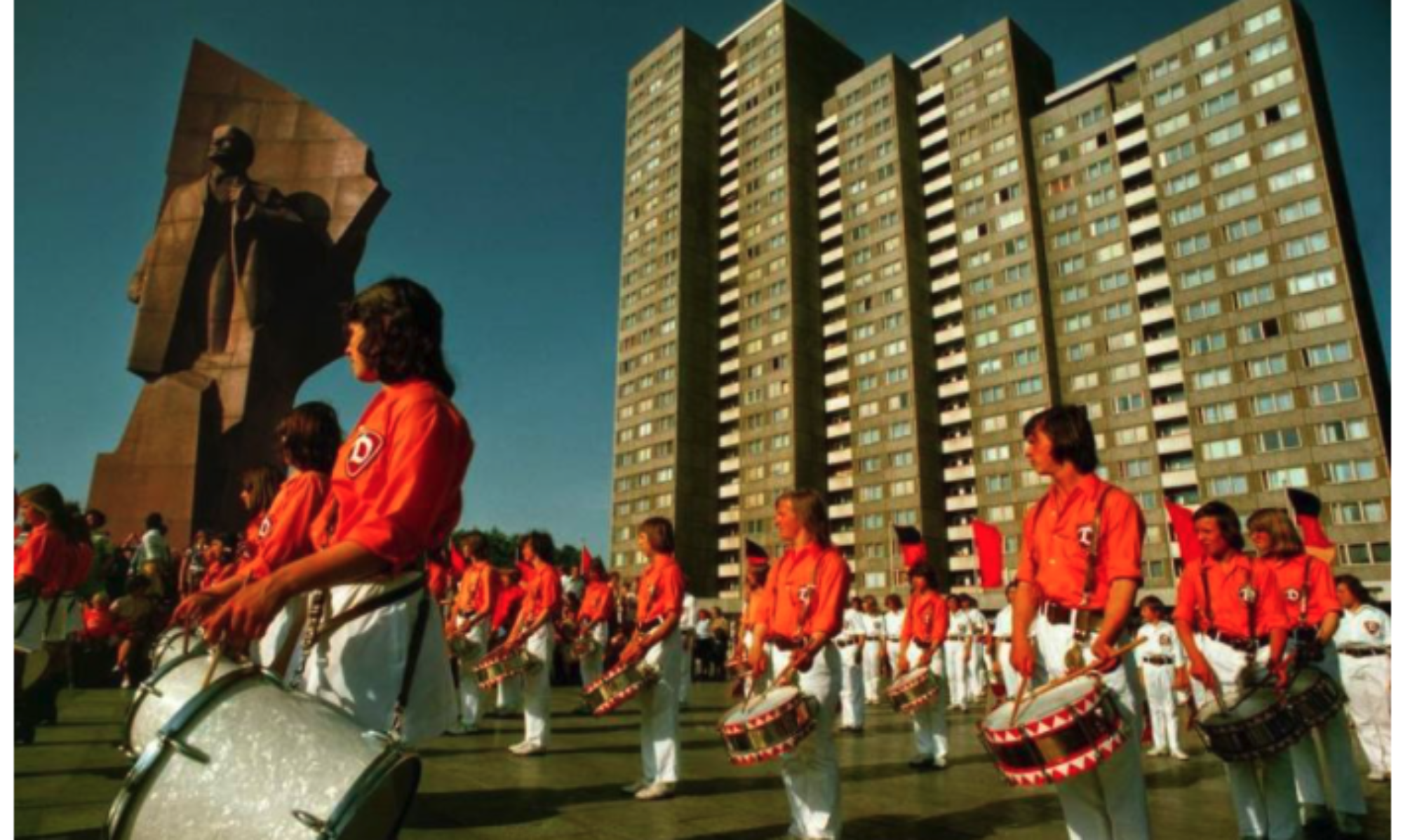In the reading for this week, East Central Europe, 1953–1956 by Bekes, throughout the reading is seems like after the death of Stalin, the Soviet Union had an array of strikes and uprisings about either the economy or the jobs the people had. Throughout eastern Europe there were many uprisings from the people “On May 3, 1953, workers in tobacco factories near Plovdiv and Khaskovo in the southern part of Bulgaria, the country seen as most loyal to the Soviet Union, went on strike and organized a demonstration against inflated productivity demands” (Bekes, 336). Although this is one out of many, it was really surprising that some of the countries wanted a communist government without stalinism in it and others wanted to eradicate communism. “What might have been especially worrying for them was how the demonstrations had started out as demands of an economic nature, but had evolved in a matter of hours into widespread protests calling for the elimination of the Communist system by the industrial working class, a segment of the population that should have been the ideological base of the regime.” (Bekes, 338). Later on in the reading It was very clear that the people of Hungary wanted to have a communist type system but someone who was not aligned in the ideas of stalinism. In the reading “In Hungary, Rákosi managed to muster Soviet support to stay in power until July 1956, although conditions for an anti-Stalinist turn had been ripening since the fall of 1955.” (Bekes, 344). But later on, the Soviet Union leaders still decides to put someone with strong ideas of stalin knowing that the majority of those who lived in Hungary did not want that “Hungarian Workers’ Party Central Committee to elect Ernő Gerő, another leading Stalinist, as first secretary of the party. This displeased the Hungarians who – since the Twentieth Congress of the CPSU – had been expecting a more flexible and reformed Communist system” (Bekes, 346). My question to the class would be do you think the revolution between Hungary and the Soviet Union was inevitable from the start or could there have been a change in communist power early on in Hungary to calm the conflict? Also, right after Stalin died do you think that other countries may have seen it as an opportunity to leave the Soviet Union?
